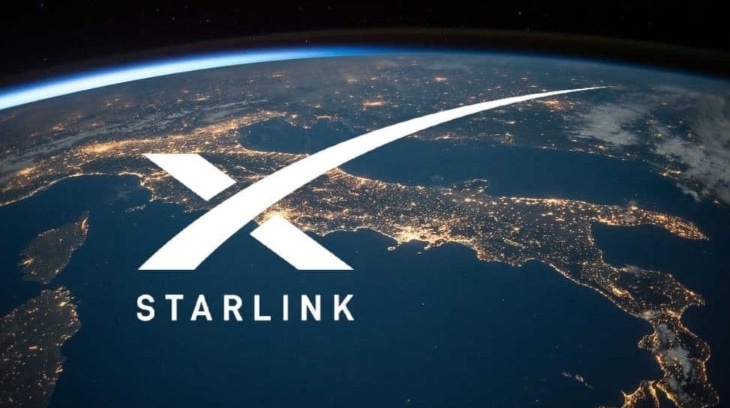During the parliamentary session, the Parliamentary Secretary for IT and Telecom confirmed that Starlink had initially applied for a license in February 2022.
However, due to the absence of a structured regulatory framework, the approval process faced delays. Now, with the necessary frameworks in place, the Pakistan Telecommunication Authority (PTA) is in the final stages of discussions, with approximately 90% of negotiations completed.
Chairman PTA Major General (R) Hafeez Ur Rehman assured the committee that the licensing process is moving forward at an accelerated pace. Additionally, another satellite internet company has also applied for a license, indicating growing interest in Pakistan’s telecom sector.
The Standing Committee on IT and Telecom expressed concerns over bureaucratic red tape slowing down the approval process. Lawmakers urged relevant authorities to fast-track the licensing process and remove unnecessary delays to ensure Starlink can begin operations within the stipulated six-month timeframe.
Why Starlink Matters for Pakistan’s Digital Future
The arrival of Starlink in Pakistan will have far-reaching implications for internet connectivity, particularly in remote and underserved regions. With low latency and high-speed broadband access, Starlink aims to bridge Pakistan’s digital divide, enhancing opportunities in education, healthcare, and e-commerce.
- Support for Businesses and Startups: Reliable connectivity will foster entrepreneurial growth, benefiting freelancers, IT companies, and digital businesses.
- Enhancement of E-Governance: Starlink will strengthen digital governance initiatives, allowing better communication between government institutions and the public.
- Better Online Education and Healthcare Services: Rural communities will gain access to virtual learning platforms and telemedicine services, improving overall socio-economic conditions.
Comparison with India’s Digital Investments
While Pakistan has yet to make significant investments in fiberization and connectivity infrastructure, its neighboring country India has allocated $13 billion under Prime Minister Narendra Modi’s digital initiatives. The PTA Chairman highlighted that despite PTA’s Rs. 1,700 billion revenue contribution over the past six years, Pakistan’s telecom sector has received no direct investment from the government.
- Data Privacy & Security: Some committee members emphasized the need to safeguard user data and ensure Starlink adheres to strict cybersecurity protocols.
- Cost and Affordability: While Starlink offers high-speed internet, its pricing must be competitive to ensure accessibility for low and middle-income households.
- Regulatory Compliance: Starlink must navigate Pakistan’s telecom and space regulatory frameworks to ensure seamless operations.


